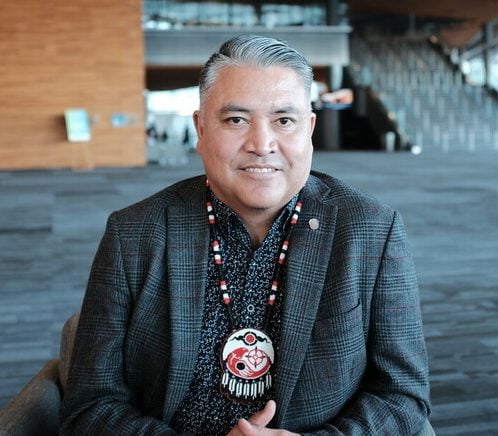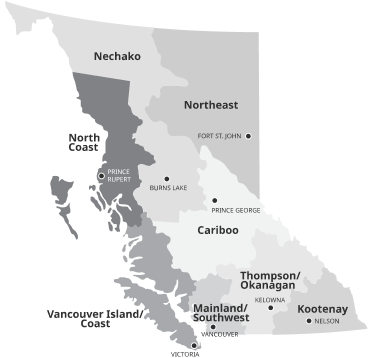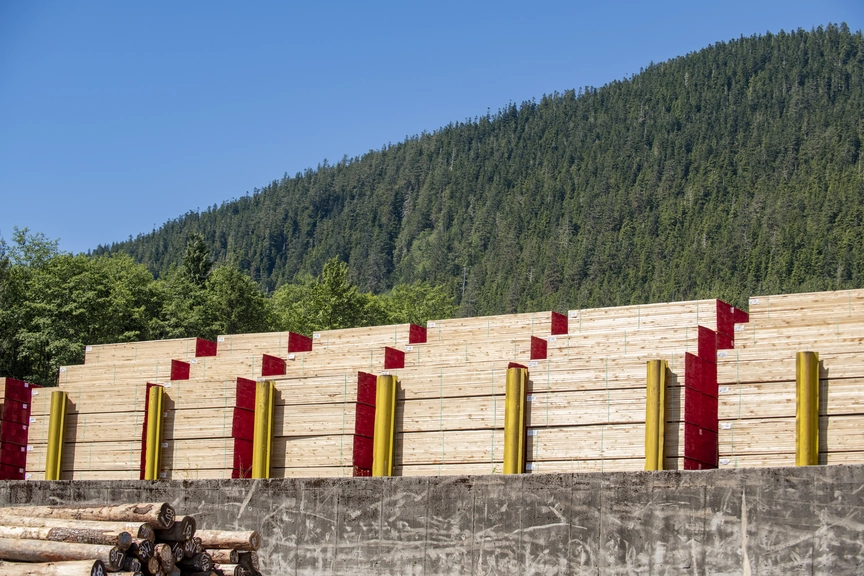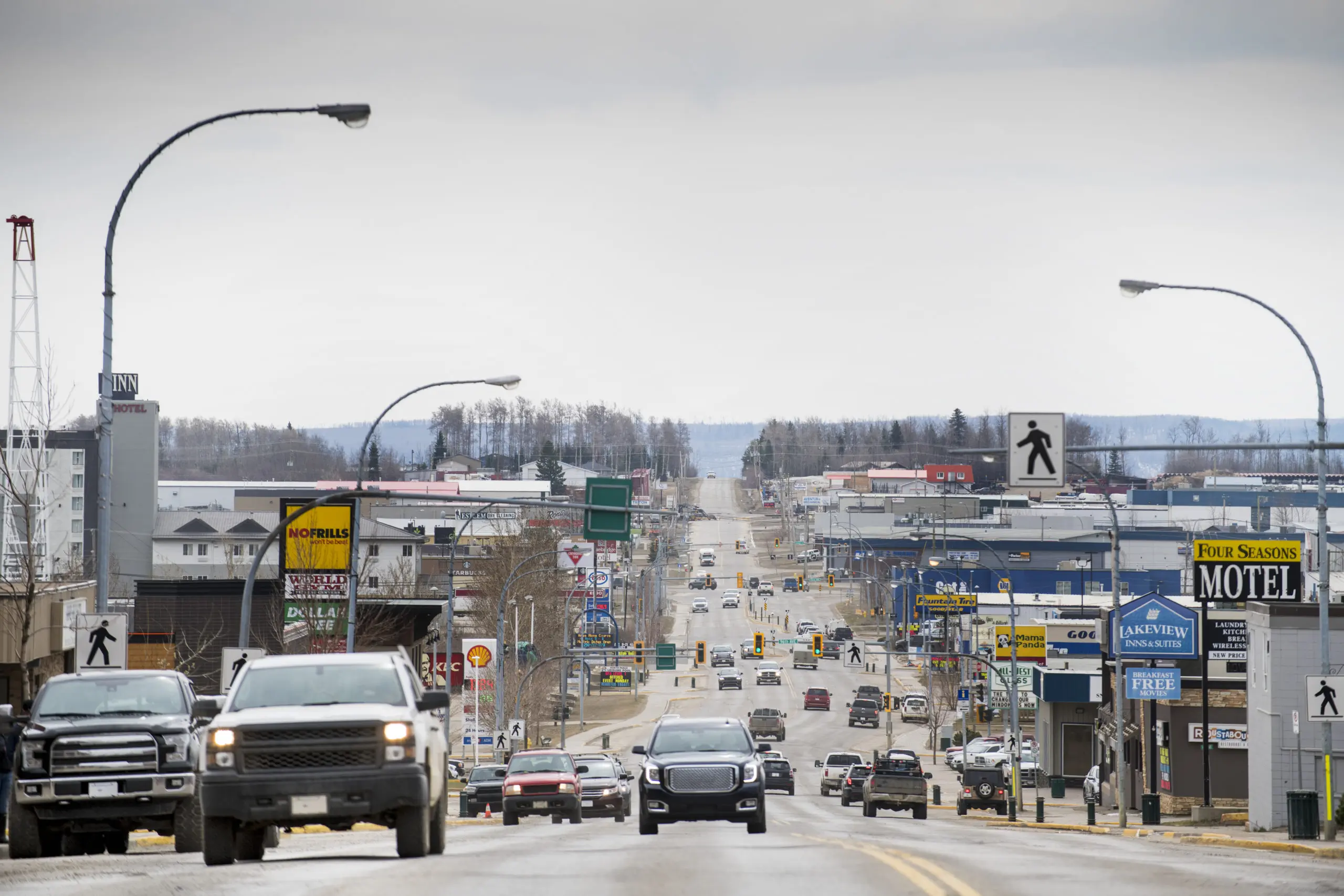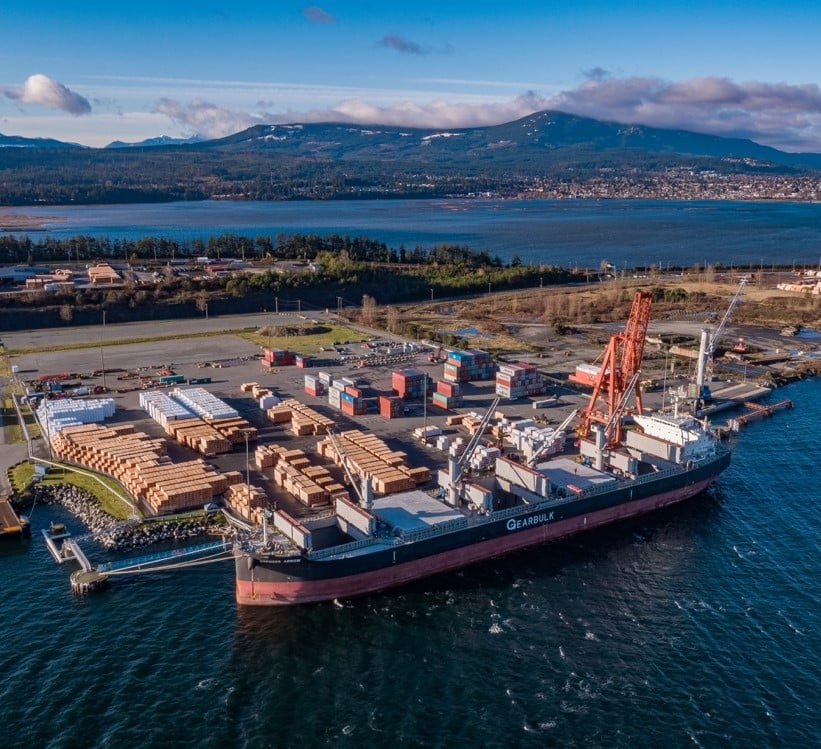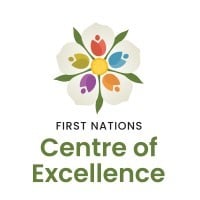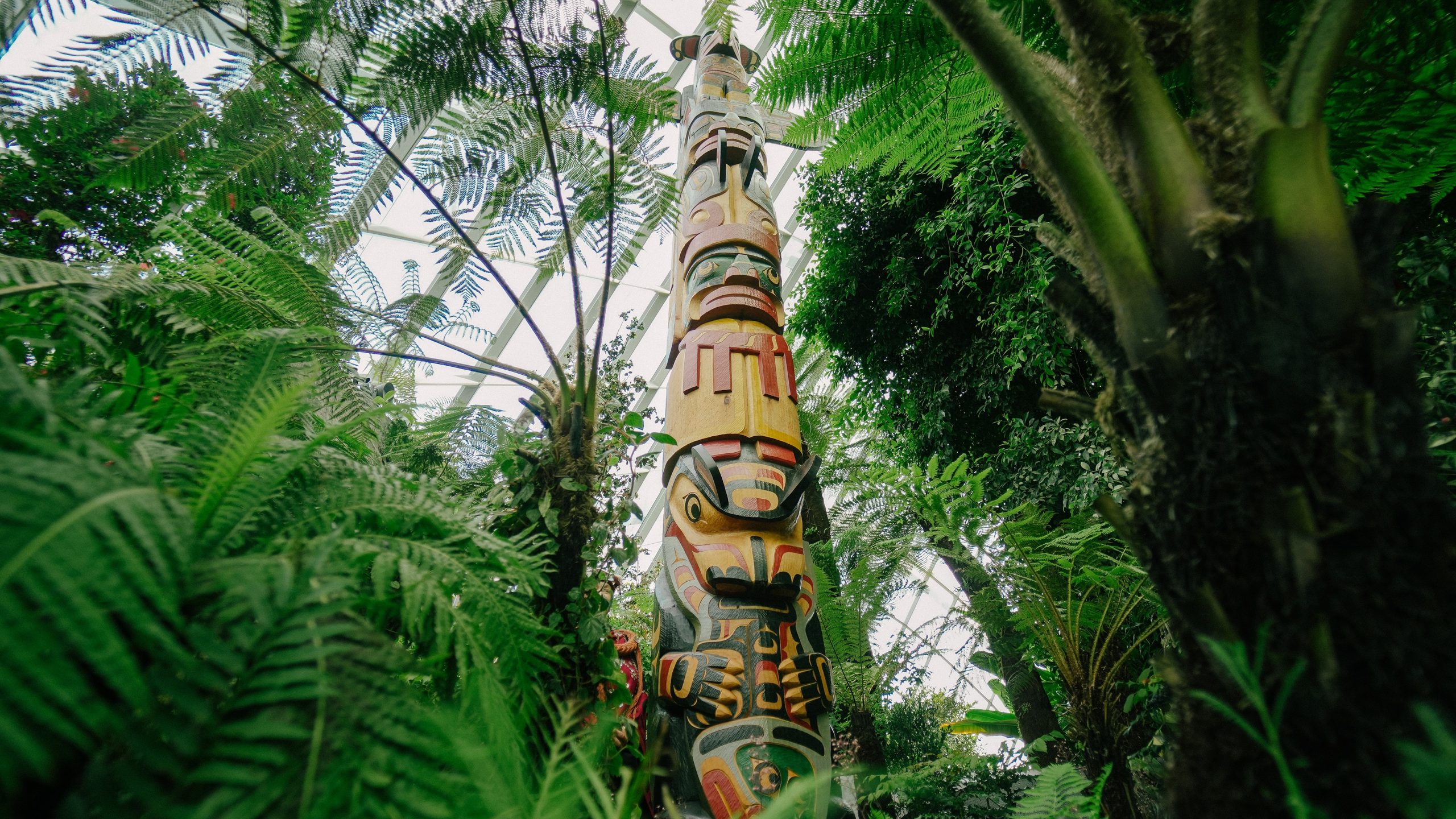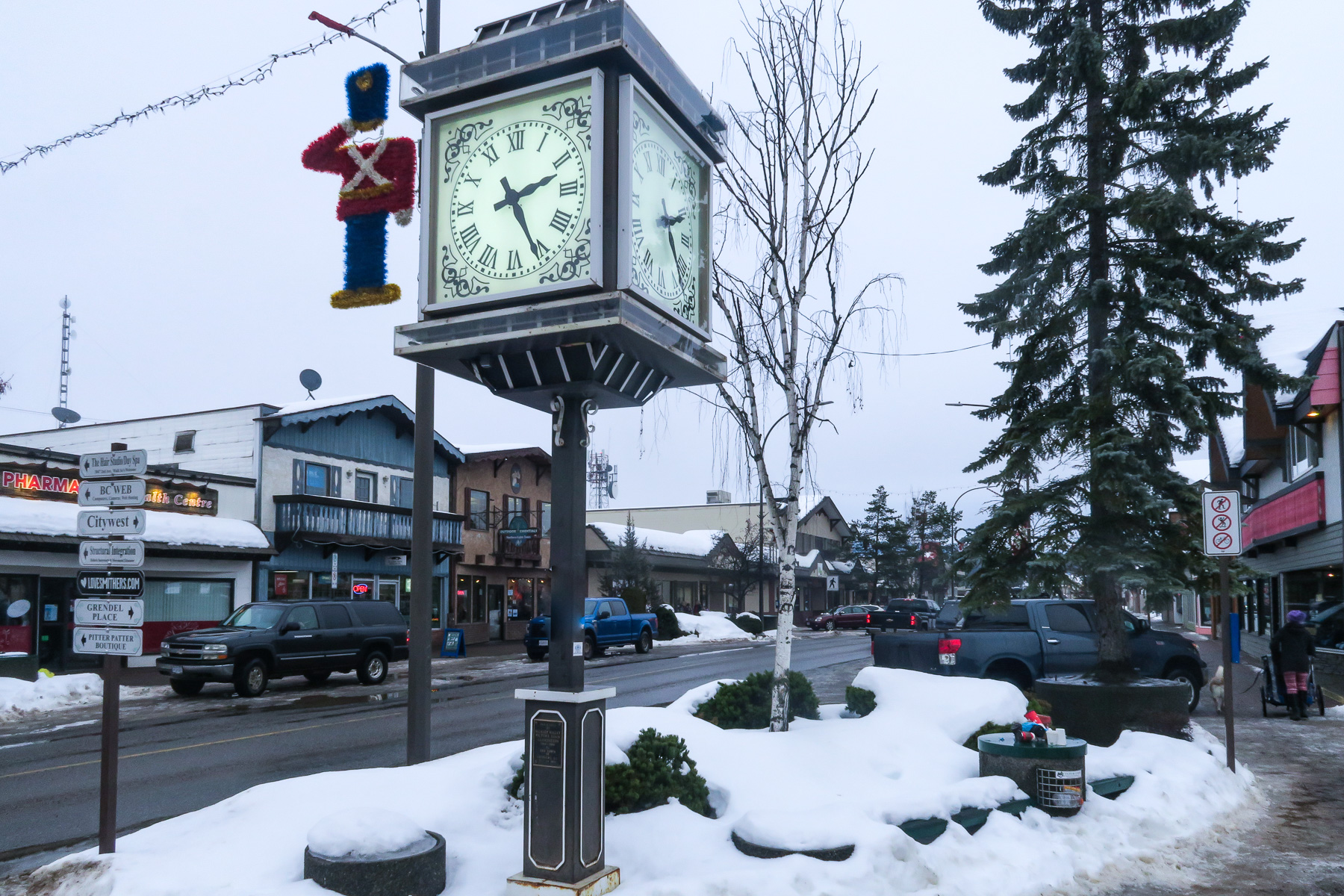First Nations – Cariboo
Cariboo’s proximity to southern British Columbia has enabled growth in health care professional services, administration and manufacturing, while continuing to be based primarily in the natural resources sector. It includes the city of Prince George, which acts as a major service centre for the northern half of the province. First Nations pursue and advocate for sustainable economic development in the region through their elected leaders and through their own economic development corporations.



